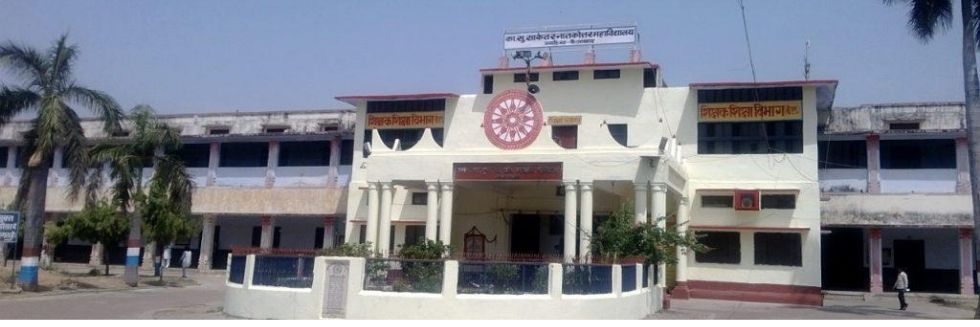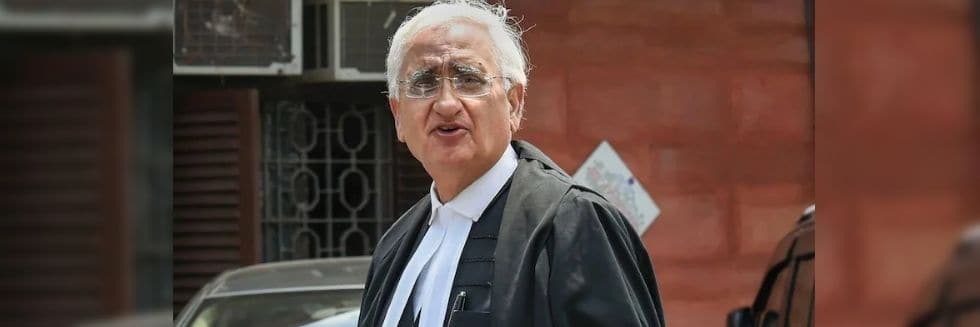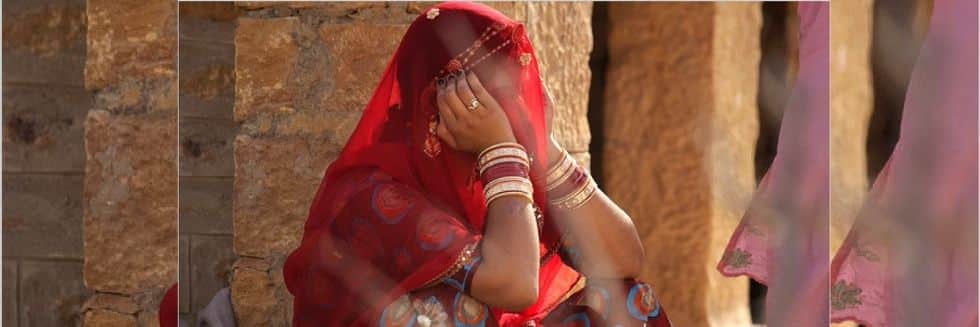Reversing the order of Medak trial court, the Telangana High Court convicted a man along with his parents and sentenced them to seven-year imprisonment, in connection to a dowry death case.
A bench comprising of Chief Justice Raghavendra Singh Chauhan and Justice A Abhishek Reddy while reversing the order of Medak trial court which acquitted the three accused of dowry harassment charges, has convicted the man and his parents, and also imposed a penalty of Rs 20,000 each. The court further ordered the accused to pay Rs 50,000 compensation to the deceased woman’s family.
As per the details of the case, Bhagyalakshmi had married Duddala Santhosh on 16 May 2010. Later, the victim, Bhagyalakshmi who was pregnant, had on 15 September 2011, died of severe burns at her in-laws’ house in Narsapur, Andhra Pradesh. On a complaint by the victim’s brother, Talari Krishna, the Narsapur police had arrested the trio, i.e. the victim’s husband Duddala Santhosh, his mother Balamani and father Narasimhulu.
However, the Medak trial court, making no conscience to the evidence placed before it and relying on the minor discrepancies in the statements of the victim’s parents, had on 23 January 2013 acquitted all three of the dowry harassment charges and they were released.
An appeal was filed in this regard by the deceased’s brother Krishna, before the Telangana High Court. He stated in the appeal that his sister (Bhagyalakshmi) has faced severe harassment by Santosh and his parents seeking for additional dowry. He further stated that though conciliatory efforts were made by the victim’s parents and her maternal uncle to reach out to Santosh and his parents with a promise to give extra gold, the victim had died by then.
Stating that the Medak trial court has failed to consider the burden of proof on the accused under Section 113-B of the Evidence Act, the Telangana High Court observed that “It has failed to appreciate the fact that the accused have not disproved the facts established by the prosecution. The trial court has failed to draw a mandatory presumption under the law.”
Concluding that the woman’s death was a dowry harassment death, and further considering the evidence placed on record, the HC had convicted the three accused of the dowry death and sentenced each one of them to seven-years imprisonment.






